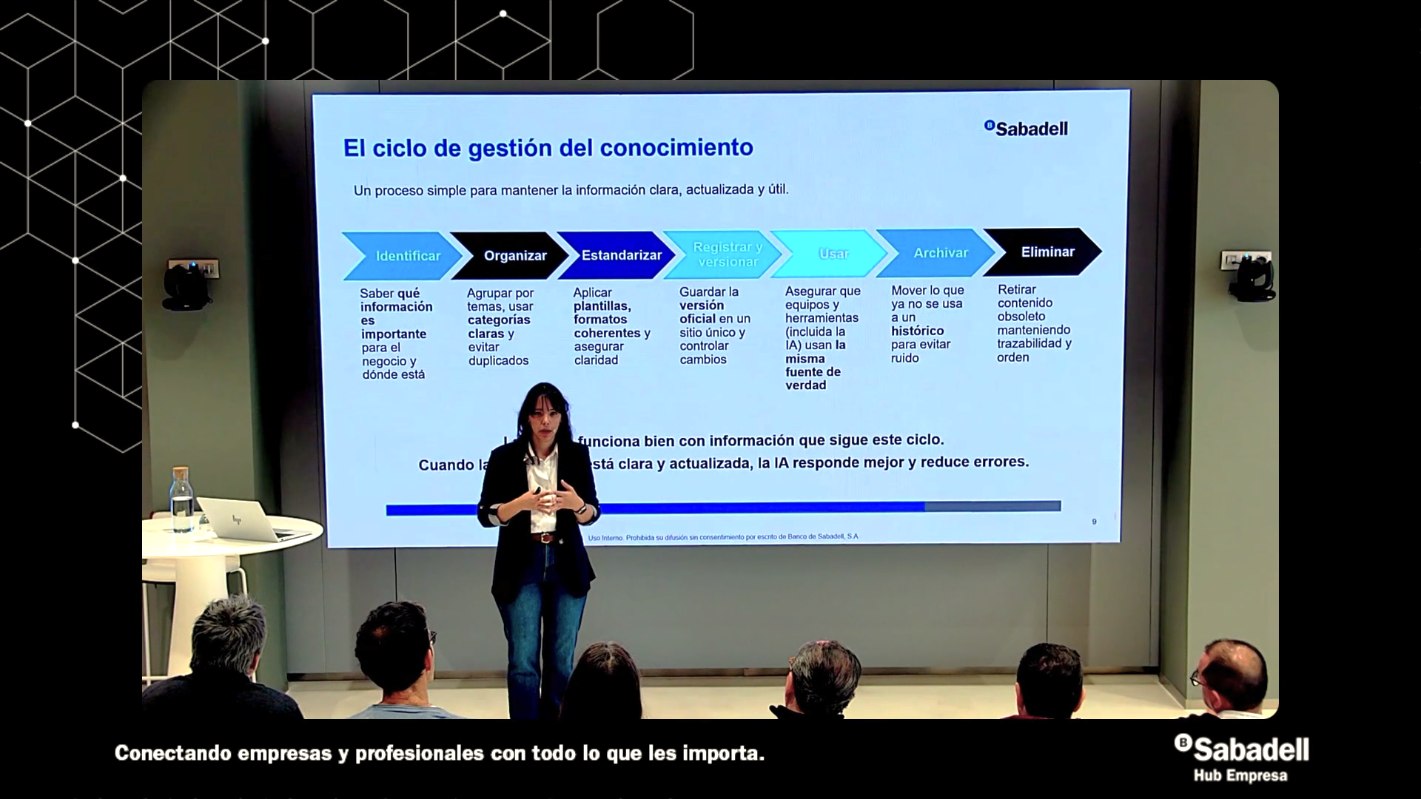In today’s digital era, generative artificial intelligence (AI) is transforming the way organisations create content, make decisions and manage information. A key element of this transformation is the increasing use of unstructured data — a source of knowledge that is as rich as it is complex.
What Is Unstructured Data?
Unstructured data refers to information that does not follow a predefined format, such as emails, natural language texts, images, videos and more. This type of data is growing exponentially and represents a vast amount of information that does not fit within traditional database models.
Its diversity and information richness are essential for generative AI, which relies on large volumes of varied data to learn and produce content effectively.
The Urgent Need for Sound Data Governance
As reliance on unstructured data increases, so does the need for robust data governance and oversight of the knowledge it contains. Data governance refers to the policies, procedures and standards that ensure data is accurate, consistent, secure, up to date and accessible. Without proper governance, organisations risk facing challenges such as poor data quality, loss of valuable information and regulatory non-compliance.
Banco Sabadell’s Strategy for Governing Unstructured Data
At Banco Sabadell, we are advancing on several fronts to establish a data governance model that enables us to harness the full potential of unstructured data, enhance operational efficiency, and support intelligent decision-making. Here are some of the most relevant initiatives:
- Knowledge management
We identify the processes that generate documentation, procedures, and manuals within the organisation to understand where knowledge is being created and how it can be made accessible through AI systems.
- Systematising documentation generation
We adapt the textual information produced to establish policies and procedures that define useful corporate documents and guidelines — for both people and AI systems.
- Structuring and creating specific taxonomies
We develop more application-oriented taxonomies that enable interconnections and dependencies between different domains of knowledge.
- Using metadata as a key element
We leverage metadata to link unstructured data taxonomies with traditional business-related data governance taxonomies, making information management and traceability more efficient.
- Generating and interrelating storage
We implement data document management systems that allow efficient orchestration of information cross-referencing and processing, without the need to duplicate data.
Towards AI-Ready Data Governance
The rise of unstructured data as a key source of information for generative AI demands the implementation of sound data governance practices.
At Banco Sabadell, we are at the forefront of this area, deploying policies and procedures that maximise the value of our unstructured data, foster innovation and ensure that our generative AI systems operate efficiently and securely.





